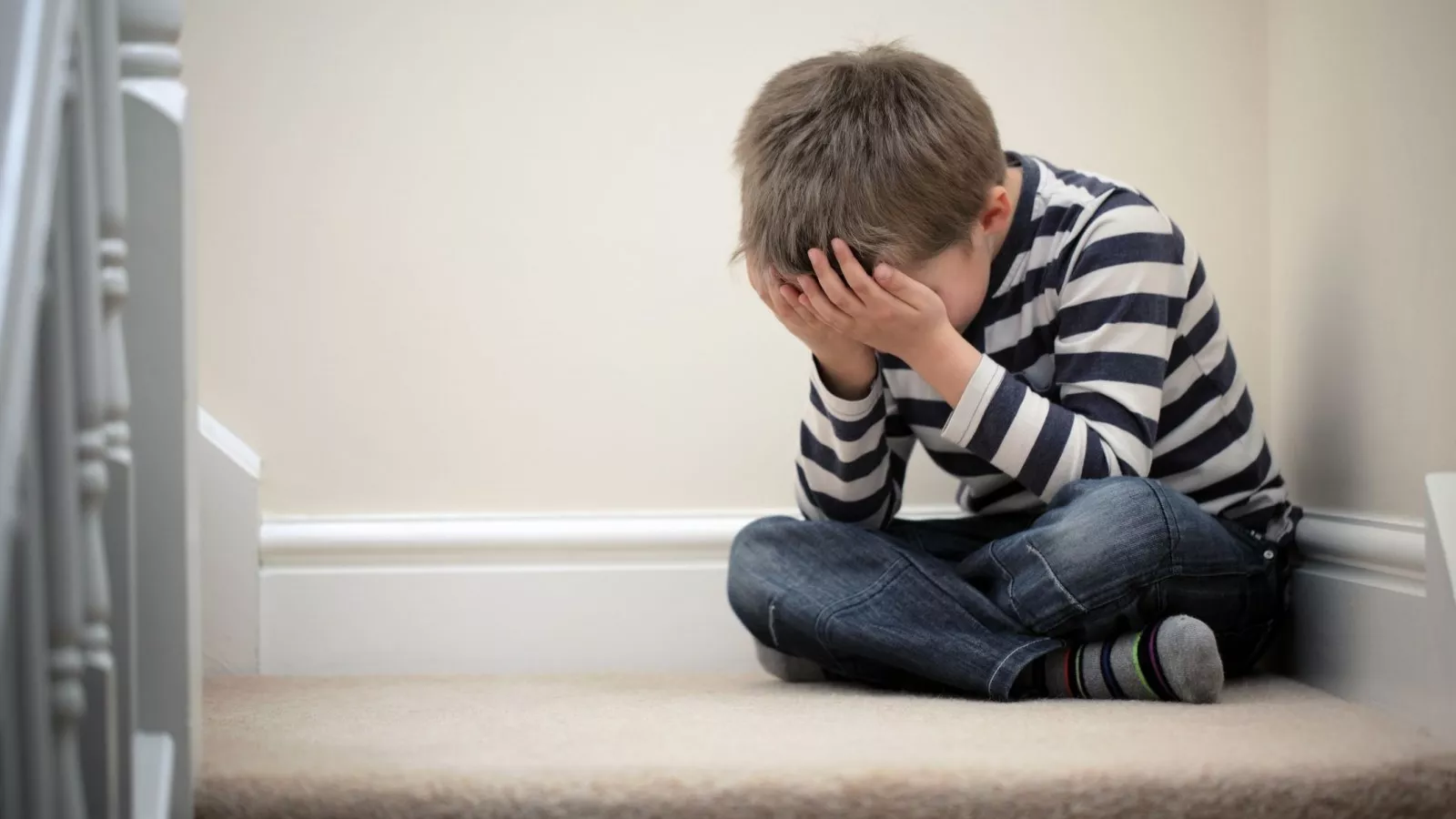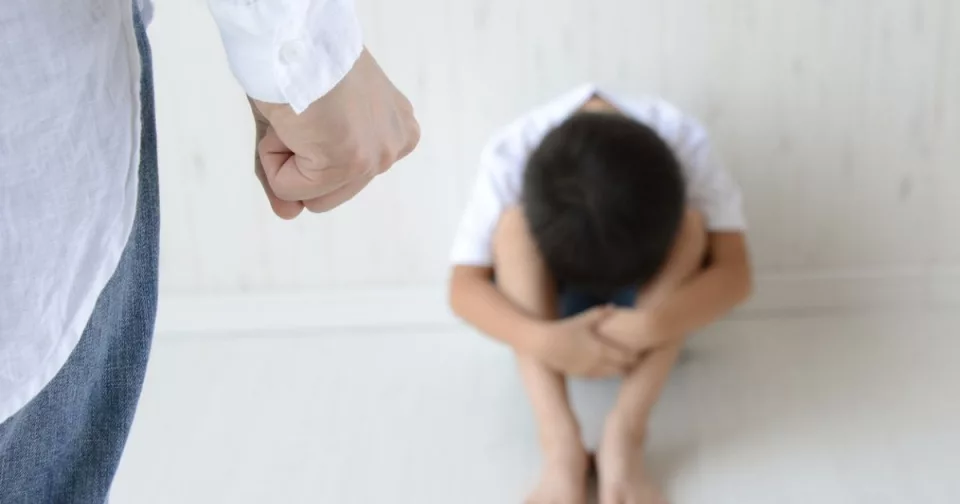As society evolves, so does our approach to discipline. Recently, smacking children has become a controversial topic, with some parents defending it as an effective disciplinary method. However, a new study has confirmed what many experts have been saying for years: smacking is a harmful discipline method that can cause long-term damage to a child’s well-being.
Say Goodbye to Smacking: Here’s Why!
Smacking your child can have negative consequences that far outweigh any perceived benefits. Studies have shown that children who are smacked are more likely to experience aggression, anxiety, and depression. Smacking can also damage the parent-child relationship, leading to feelings of resentment and mistrust.
Furthermore, using physical violence as a disciplinary method can teach children that it’s okay to use violence to solve problems. This can lead to a cycle of violence and aggression as children grow up and become adults, continuing the cycle with their own children.

New Study Confirms: Smacking = Harmful Discipline!
A new study has confirmed what child development experts have been saying for years: smacking your child is a harmful disciplinary method. The study found that children who are smacked are more likely to experience mental health problems, including anxiety and depression.
The study also found that smacking can affect a child’s brain development, leading to long-term damage. The physical pain caused by smacking can trigger the release of stress hormones, which can interfere with brain development and cause long-term cognitive problems.
In conclusion, smacking your child is a harmful discipline method that can cause long-term damage to their well-being and brain development. As parents, it’s important to find alternative disciplinary methods that are effective, yet non-violent. By using positive reinforcement, setting clear boundaries, and having open communication with your child, you can foster a healthy and respectful relationship that will benefit both you and your child in the long run.
Source: LadBible
